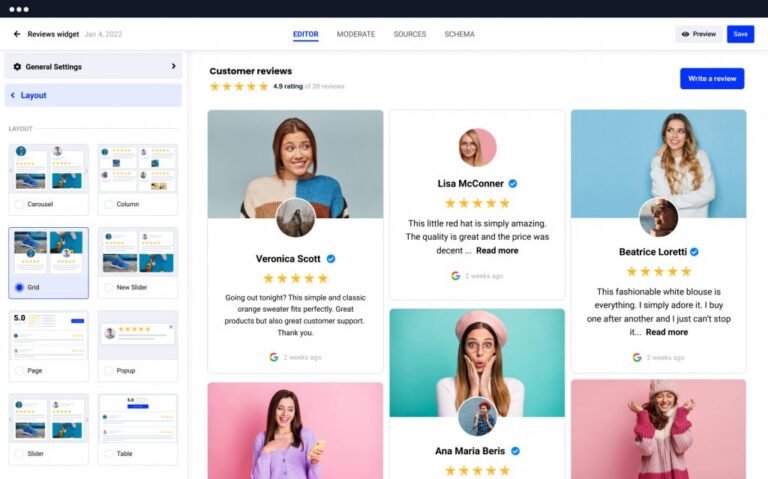In today’s rapidly evolving digital landscape, having an online presence has become more than just a trend; it’s a necessity. Businesses that lack a website are missing out on a myriad of opportunities to reach their target audience, establish credibility, and expand their customer base. In this article, we will delve into the reasons why businesses without websites are at a disadvantage and explore how establishing an online presence can transform their growth trajectory.
Table of Contents
- Introduction
- The Significance of Online Presence
- Building Trust and Credibility
- Expanding Market Reach
- 24/7 Availability
- Showcasing Products and Services
- Effective Communication Channel
- Cost-Effective Marketing
- Data Collection and Analysis
- Staying Ahead of Competitors
- Establishing Brand Identity
- Enhancing Customer Support
- Overcoming Geographical Limitations
- Mobile Accessibility
- Conclusion
- FAQs
Introduction
In an era where consumers turn to the internet for information, recommendations, and purchases, businesses without a website are like a ship without a compass. A strong online presence offers numerous benefits that can shape the success of a business.
The Significance of Online Presence
Having a website is like having a virtual storefront that operates 24/7, allowing potential customers to explore your offerings at their convenience. In a world driven by digital interactions, not having a website means missing out on a massive audience that prefers online engagement.
Building Trust and Credibility
A professional website serves as a trust signal to consumers. It’s a platform where you can showcase your brand’s values, mission, and achievements. Without a website, potential customers might doubt the legitimacy of your business.
Expanding Market Reach
The internet breaks down geographical barriers, enabling businesses to tap into global markets. A website provides accessibility to a wider audience, opening up opportunities for growth beyond local limitations.
24/7 Availability
Unlike brick-and-mortar stores with fixed operating hours, a website is available round-the-clock. This accessibility allows customers to browse, inquire, and shop whenever it suits them, increasing the chances of conversions.
Showcasing Products and Services
A website provides a platform to showcase your products and services in detail. High-quality images, informative descriptions, and customer reviews can influence purchasing decisions.
Effective Communication Channel
Websites offer various communication channels like contact forms, live chats, and email, enabling seamless interaction between businesses and customers. This fosters engagement and improves customer satisfaction.
Cost-Effective Marketing
Compared to traditional marketing methods, establishing an online presence is cost-effective. Social media, content marketing, and search engine optimization (SEO) strategies can yield impressive results without breaking the bank.
Data Collection and Analysis
Websites gather valuable customer data that can inform business decisions. Analyzing user behavior, preferences, and demographics helps tailor strategies for better results.
Staying Ahead of Competitors
In competitive industries, businesses without websites trail behind. A well-designed website sets you apart and demonstrates your commitment to evolving technologies and meeting customer preferences.
Establishing Brand Identity
A website is a canvas to express your brand’s identity visually and through content. Consistent branding fosters recognition and makes a lasting impression.
Enhancing Customer Support
FAQs, tutorials, and dedicated customer support sections on your website can address common queries and issues. This level of support enhances customer satisfaction.
Overcoming Geographical Limitations
For businesses targeting specific regions, a website allows you to tailor your content to regional preferences and languages, breaking down language barriers.
Mobile Accessibility
With the rise of mobile devices, having a mobile-responsive website is crucial. A significant portion of online traffic comes from mobile users, and an optimized experience improves engagement.
Conclusion
In a digital age where information is a click away, businesses without websites are essentially invisible to a vast online audience. An online presence offers an array of advantages, from credibility and market reach to enhanced communication and cost-effective marketing. Embracing the digital realm is no longer an option; it’s a necessity for any business striving for growth and success.




